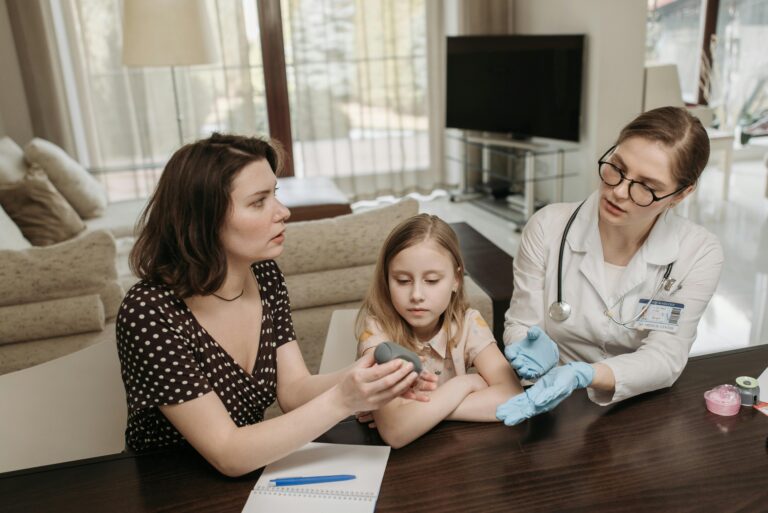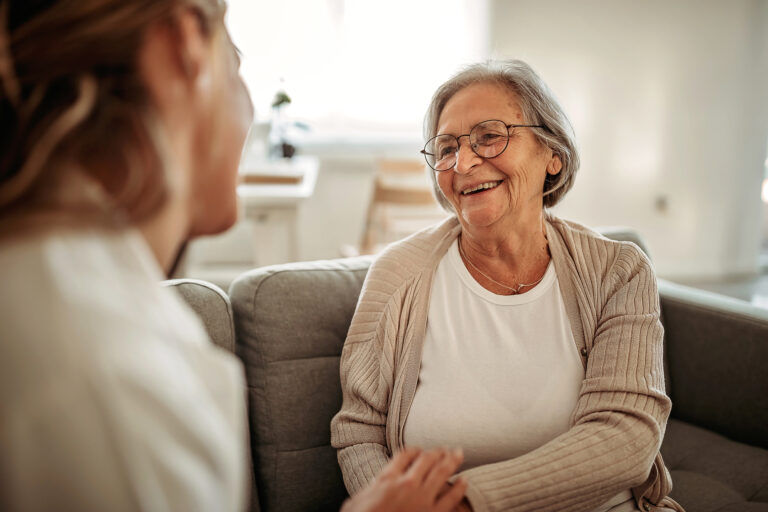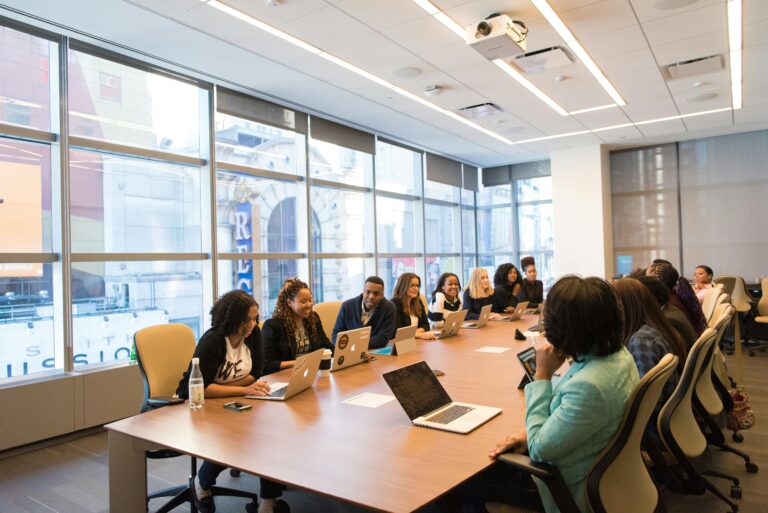Conducting research with Aboriginal and Torres Strait Islander communities requires a respectful, ethical, and culturally sensitive approach. This case study provides comprehensive guidance on how to engage with communities effectively, ensuring that research practices honour their unique cultural heritage and lived experiences. Written Resources Steps for Involving Aboriginal and Torres Strait Islander Communities – prepared […]
Bridging Science and Community: The Power of Consumer and Community Involvement in Basic Science Research In November 2024, the Western Australia Health Translation Network (WAHTN) CCIProgram hosted a forum to explore the integration of consumer and community involvement in basic science research across Western Australia. The event featured researcher-consumer teams co-presenting on the consumer and […]
Consumers may be employed through a formal contract for their lived experience expertise to actively contribute to research, healthcare improvement or policy development. Some of examples of these roles may include:
Consumer partnership in health and medical research is an approach in which researchers and/or healthcare providers and consumer organisations actively and meaningfully work together to design and conduct research or healthcare improvement projects. Consumer partnerships usually refer to a broad collaboration between researchers and consumer organisations or groups and may involve one or more consumer […]
A co-researcher approach is when people with lived experience actively collaborate as an equal member of the research team and are embedded in project processes alongside academic researchers. Using a co-researcher approach, consumers may undertake specific training to build their capacity to engage and conduct research activities. Consumer roles as a ‘co-researcher’ could involve, for […]
Consumer advocacy is an approach where individuals with lived experience work to champion the rights, needs and priorities of the broader patient and carer community across healthcare, research and policy development. By doing so, consumer advocates can ensure that the lived experience perspective is embedded in decisions being made. Consumer advocates take on roles like […]
Consultation is a structured approach that focuses on gathering insights, feedback or advice on specific research, healthcare improvement or project activities, policies, strategies or priorities. The consultation may occur as a once off, ad hoc, over a short period of time (weeks to months), or for a specific purpose/outcome. There are various methods that consultation […]
Consensus building is a collaborative, democratic process where consumers—alongside clinicians, researchers, and other stakeholders—work together to reach shared agreement on key issues. It involves structured, participatory approaches that encourage open dialogue and respect for diverse perspectives, especially those with lived experience.These methods help balance priorities across all participants and guide decision-making in a transparent and […]
A consumer advisory panel is a high-level group made up of consumers and or community representatives. Established by health, research or healthcare organisations, consumer advisory panels can provide consumer perspectives on relevant issues across a range of research projects, provide input into the design of research and grant proposals, review policies, advocate for people with […]
Consumers can play a valuable role in project or steering committees by offering insights from a lived experience perspective. Their involvement may occur at various levels, including government, professional bodies, organisational boards or sub-committees, and research/healthcare improvement projects. All committees should have a Terms of Reference (ToR) that clearly outlines: the committee’s purpose, structure, and […]
Prof Diana Egerton-Warburton shares her experience, key learnings and helpful resources that supported her in establishing a consumer advisory panel for her research.










